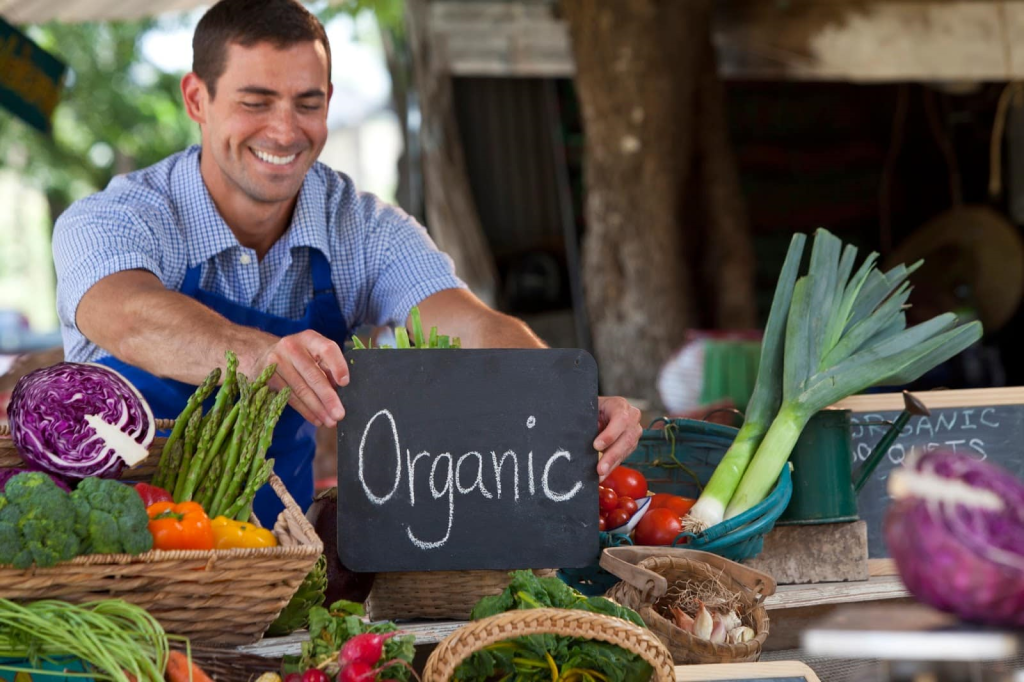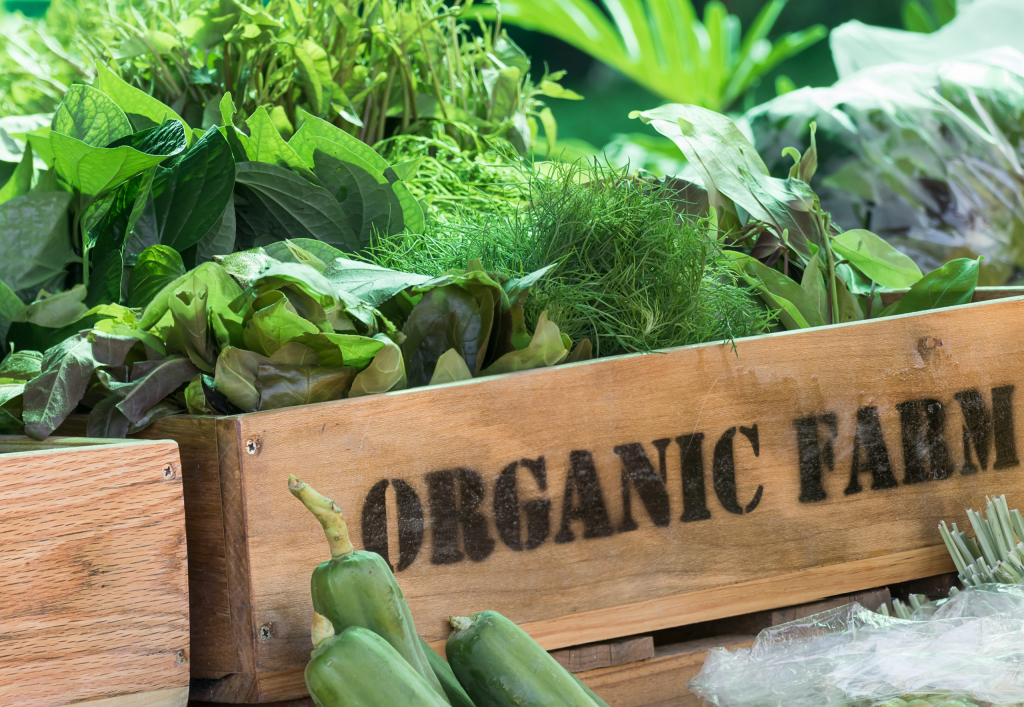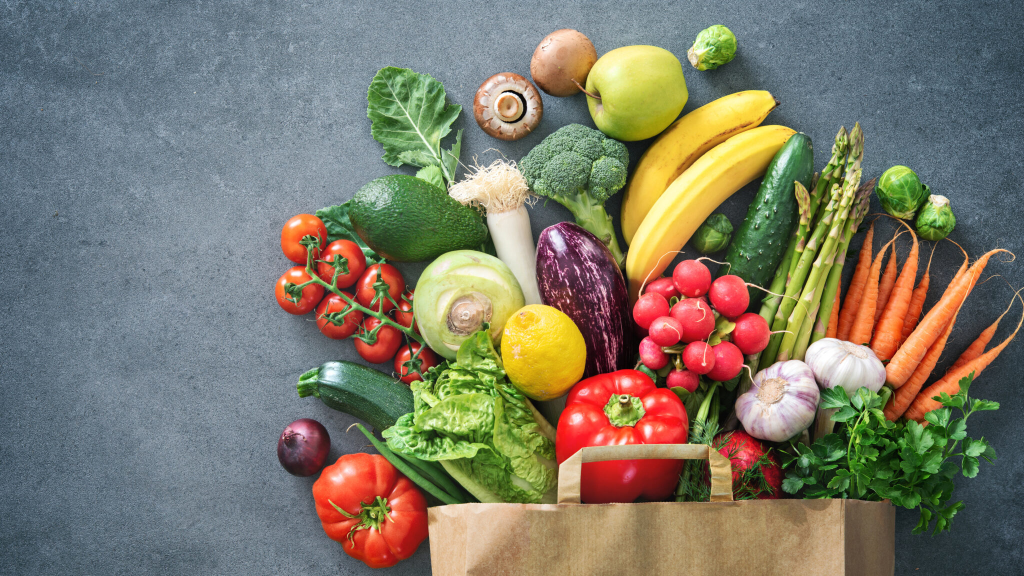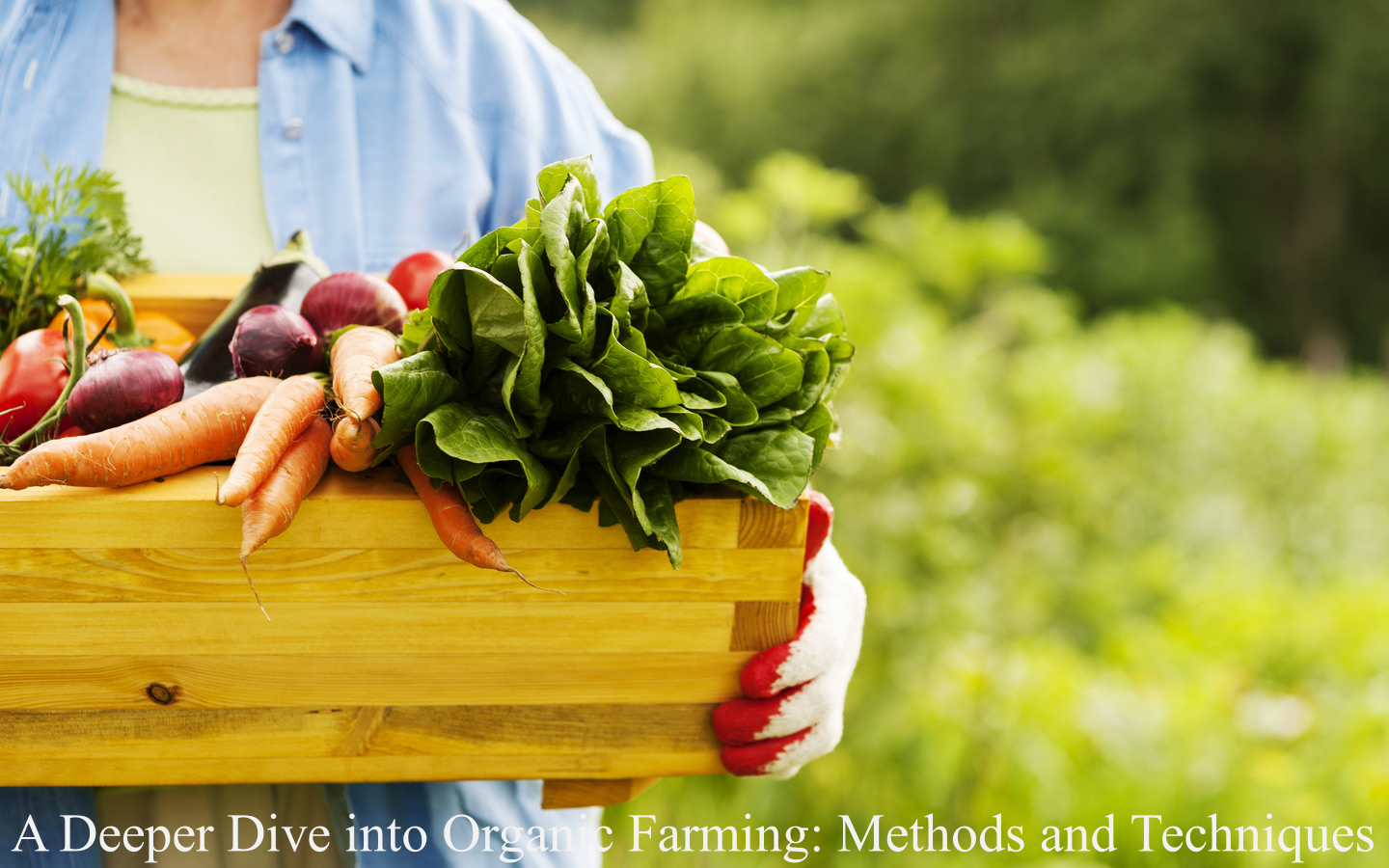Organic farming is a method of agricultural production that places an emphasis on the utilization of natural and organic resources, methods, and procedures in the cultivation of crops and livestock. This method of farming is gaining more attention as consumer interest in environmentally conscious and healthful food options continues to grow. In this post, we are going to delve deeper into the myriad methods and techniques that are utilized in organic farming.
Switching Up Your Crops Planting a variety of crops in a predetermined sequence over the course of some time is the essence of crop rotation, a fundamental principle of organic agriculture. This method helps to preserve the fertility of the soil, decrease the rate of soil erosion, and stop the accumulation of weeds, insects, and diseases in the soil. Crop rotation helps maintain a healthy balance of soil nutrients and improves the soil’s overall quality as a growing medium.
Composting A nutrient-dense soil amendment can be produced through the natural process of composting, which involves the breakdown of organic materials such as grass clippings, leaves, and food scraps. Composting is an important practice for organic farmers because it helps to improve soil health, increase the organic matter in soil, and promote healthy microbial activity. Composting is a sustainable and cost-effective practice because it helps to reduce the need for synthetic fertilizers and pesticides. Composting also helps to reduce the amount of waste produced by composting.

Alternate or “Cover” Crops Cover crops are plants that are grown with the express purpose of protecting and improving the soil. These plants not only prevent soil erosion but also cut down on the growth of weeds and add nutrients to the ground. Cover crops are a type of crop that can help to increase the amount of organic matter in the soil, thereby reducing the need for synthetic fertilizers.
IPM stands for integrated pest management (IPM) IPM stands for integrated pest management and refers to a method of pest control that is both efficient and kind to the environment. Crop rotation, biological pest control, and other cultural practices are examples of what are referred to as integrated pest management strategies. Integrated pest management is an approach to pest control that uses a combination of natural pest control methods. IPM encourages the use of natural methods to control pests and helps cut down on the amount of synthetic pesticides that are used.


Diversity of Plants Grown An essential component of organic farming is crop diversity, which refers to the practice of cultivating a large variety of crops in a single location. This method helps to improve the health of the soil, reduces the risk of pests and diseases, and provides a wider variety of foods for consumers to choose from. Crop diversity not only encourages sustainable farming practices but also assists in mitigating the negative effects of climate change on agricultural production.
Organic farming is an approach to agriculture that is both environmentally conscious and sustainable. It encourages the use of natural methods and practices in its agricultural practices. Many different strategies, such as crop rotation, composting, cover crops, integrated pest management, and crop diversity, are employed by organic farmers as part of their efforts to produce food that is both healthy and able to be produced in a sustainable manner. Some of these strategies are discussed in this post. It is likely that organic farming will become an even more important component of our food system as the interest of consumers in the source and quality of their food increases.


No comment